- When four Arab energy ministers met in Amman to discuss supply to Lebanon, the Syrian regime was supported by all parties
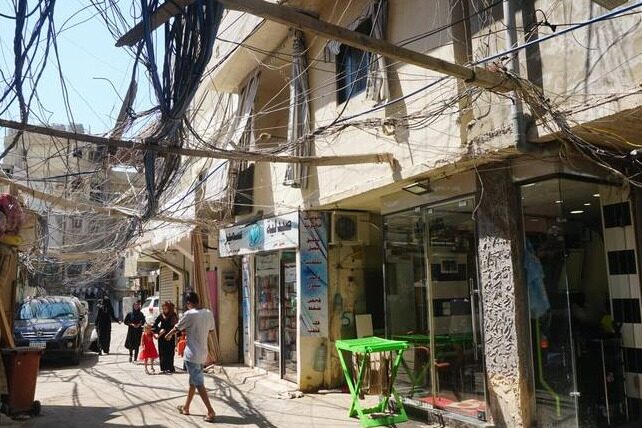
The four Arab energy ministers met in the Jordanian capital Amman on September 10, 2021, and stated that they agreed to discuss solutions to the power crisis in Lebanon, which has moved from domestic issues to the center of geopolitics in the Middle East in the past few weeks.
The meeting of officials from Jordan, Lebanon, Egypt, and Syria brought together two staunch allies of the United States and officials from Damascus and Beirut, two Arab capitals in Amman considered to have been affected by Iran. However, with the encouragement of the United States, Jordan and Egypt last month expressed their willingness to supply natural gas to Lebanon through the Syrian regime.
But given the destruction of Syria’s infrastructure in the ongoing civil war and the need for political coordination between countries that have historically distrusted each other, it is widely believed that this prospect is far from imminent. "We want to listen to the opinions of Lebanese people and see if they can benefit from the services we provide," said a Jordanian official who will attend the meeting. Although the meeting plans to discuss power supply from the Jordanian grid to Lebanon, Jordan’s official television station stated that the proposal has been postponed and will not be discussed at the meeting.
Jordanian officials declined to say when electricity or natural gas can flow into Lebanon. Observers said that despite the uncertainty, the project has political potential. They said that this may help restore some of the regional influence of the Syrian Assad regime, expand Jordan's role after being marginalized in the Donald Trump era, and emphasize that Egypt is a heavyweight.
“Such a project is positive for the Syrian regime’s interests in Lebanon and is also a step towards its recovery.” Jihad Yaziji, editor of the Syrian report, said that the Syrian report is a special study of Syrian business and economy Communications. Mr. Yaziji said, “The Americans suddenly told these countries to talk to the Syrians because the United States’ goal is to reduce the influence of the Iranians.” “We don’t know if the United States has a clear strategy in this regard, but maybe the United States is right. Trying to create some competition between the regime and the Iranians in Lebanon." He said in Beirut.
The proposals of Jordan and Egypt came after Hezbollah said last month that Iran would provide Lebanon with fuel for power generation. According to reports, two ships carrying Iranian fuel were in the Red Sea on their way to Lebanon, which may have violated US sanctions on Iran. Dorothy Shea, the US ambassador to Lebanon, said last month that Lebanon does not need tankers and should look for more sustainable solutions. She made it clear that Washington does not oppose the passage of fuel or electricity through areas controlled by the Syrian regime, which are also sanctioned by the United States. "We have been talking with the Egyptian government, the Jordanian government, the government here, the World Bank." She told Al Arabiya TV in Beirut last month. "We are working hard to find real and sustainable solutions for Lebanon's fuel and energy needs," said the ambassador.
A 2020 World Bank report stated that although a power plant in Lebanon is connected to the Arab gas pipeline, most other power plants in the country do not. The Arab Gas Pipeline connects Egypt and Lebanon, which are exporters of natural gas, through Jordan and Syria. A European official working on regional infrastructure projects said that the project to provide Lebanon with electricity and natural gas "is a daunting task."
Keywords: overseas engineering, international engineering construction, foreign engineering construction news
"In addition to the lack of infrastructure, such projects also require a high degree of international and regional consensus, which does not currently exist," the official said. Lebanon's economy has collapsed in the past two years. The government defaulted on its hard currency debt in May 2021, and the Lebanese pound fell from 1,500 to 18,000 against the U.S. dollar.Editor/XuNing
Comment
 Praise
Praise
 Collect
Collect
 Comment
Comment
 Search
Search


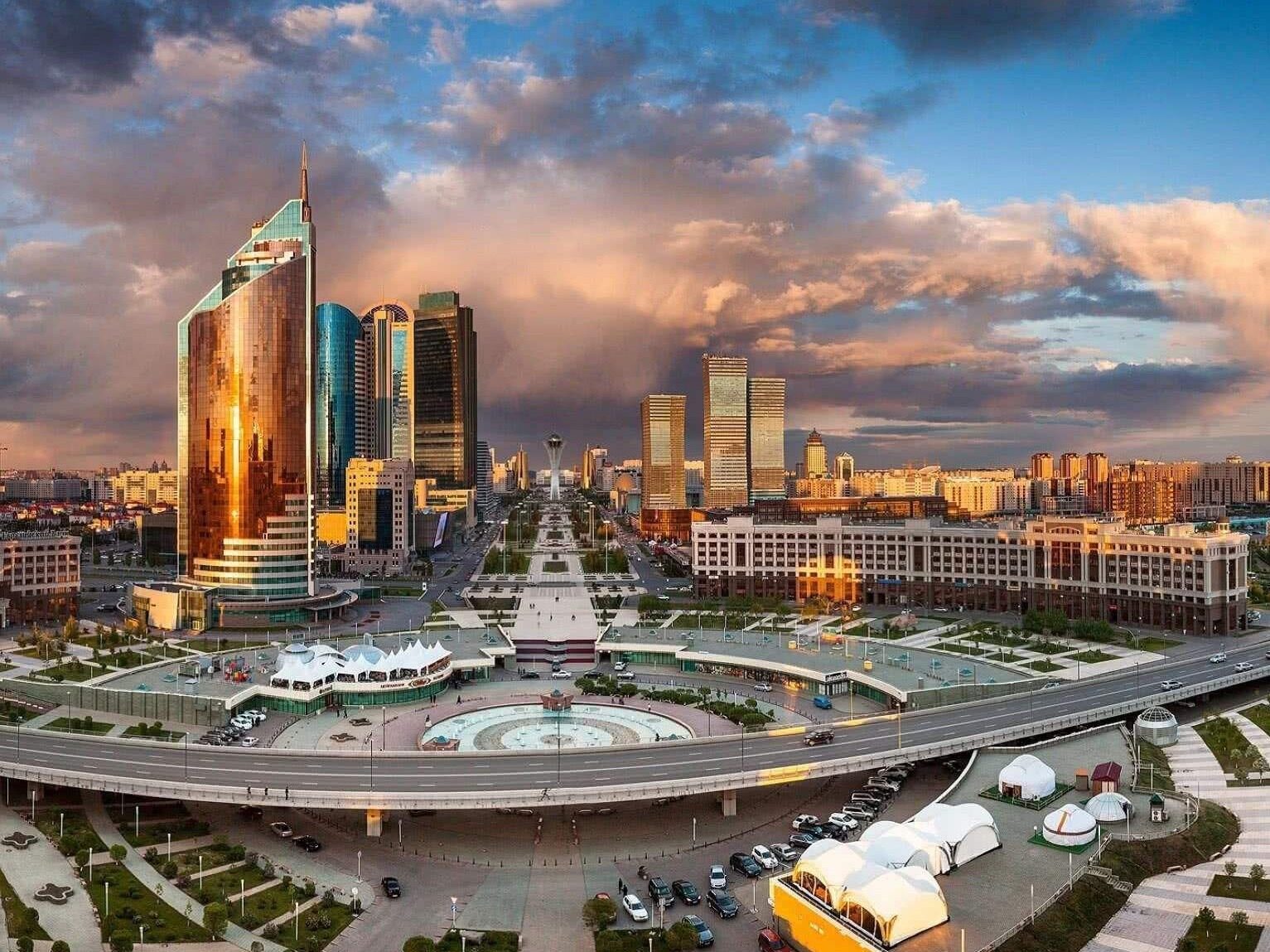

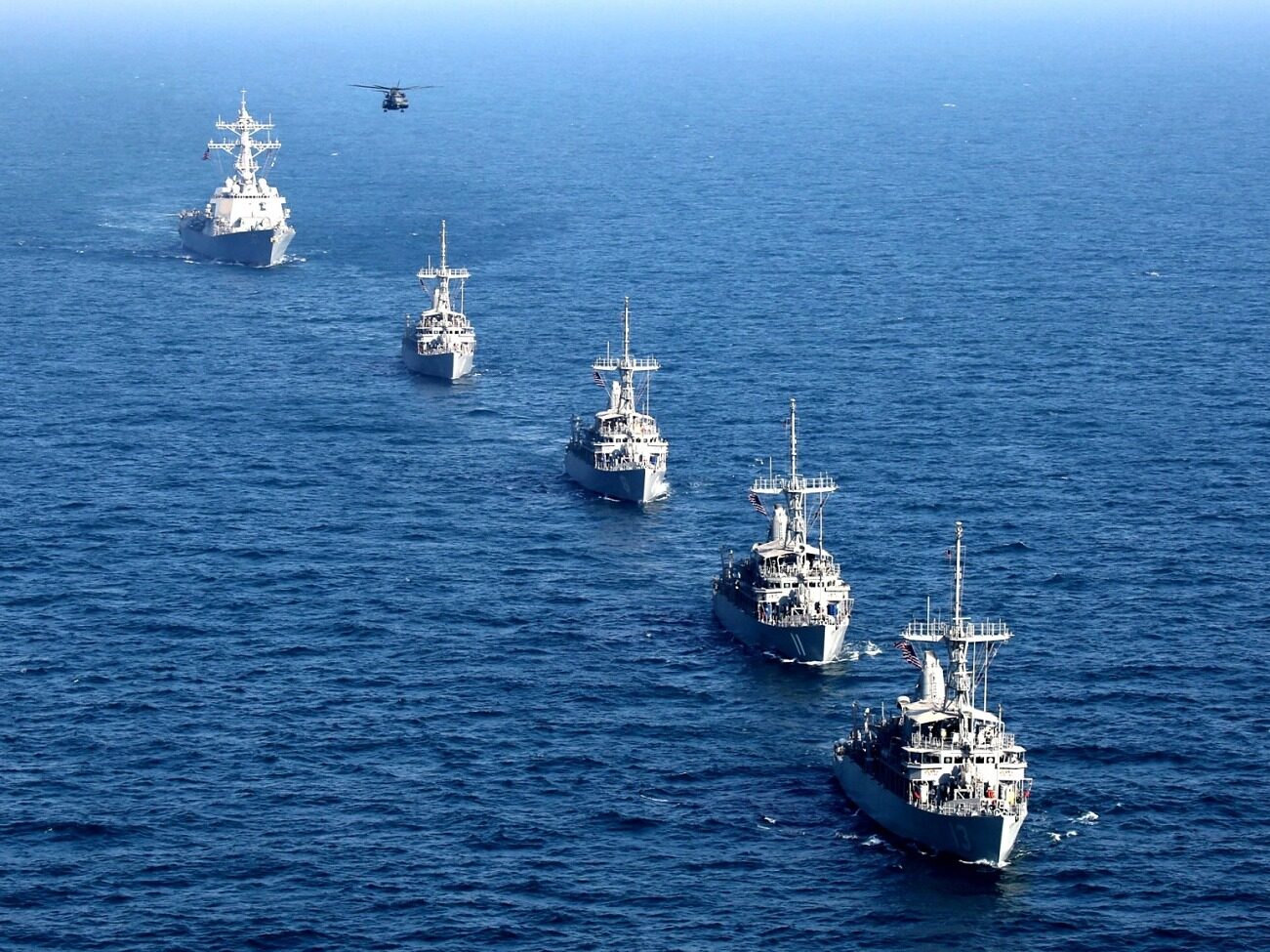
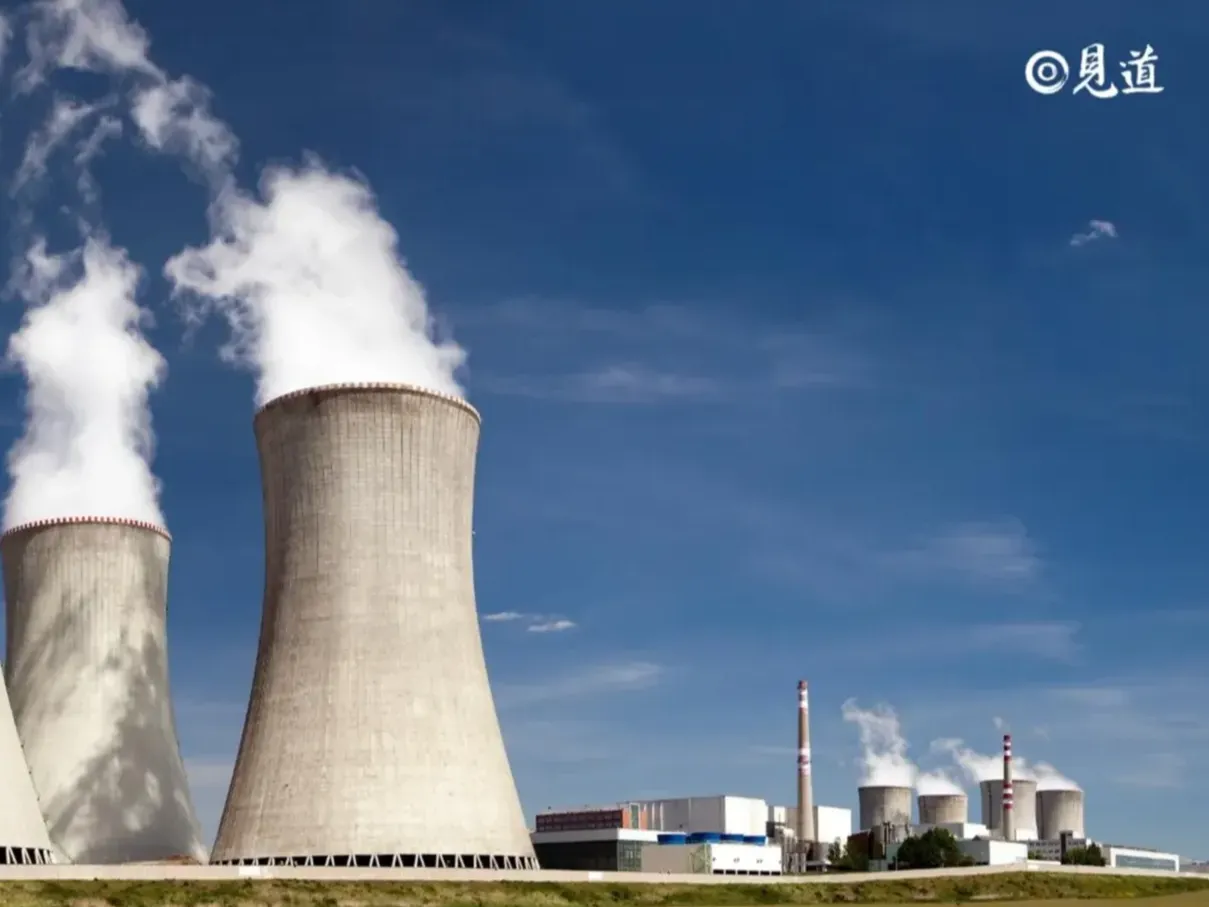

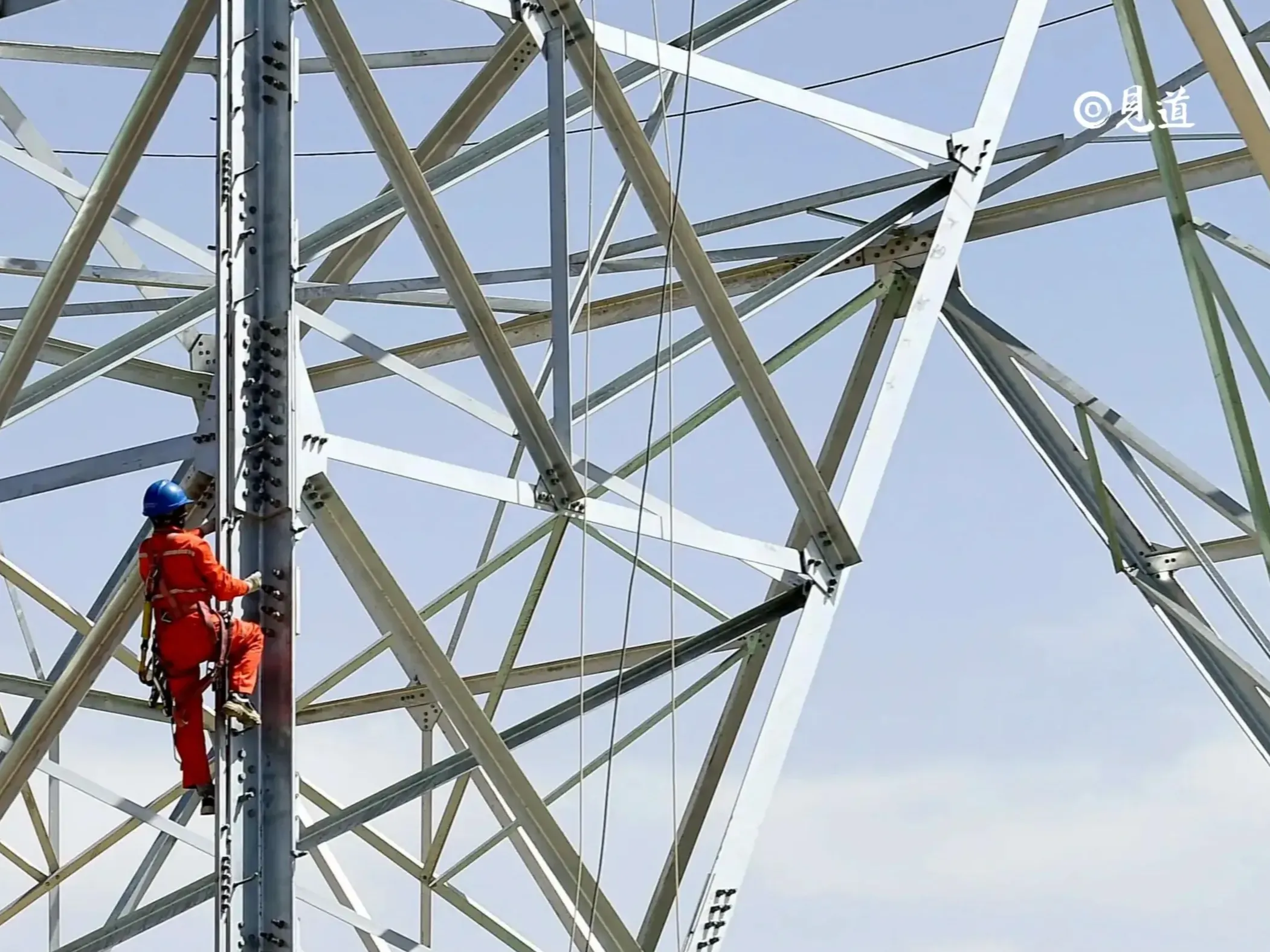






Write something~